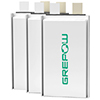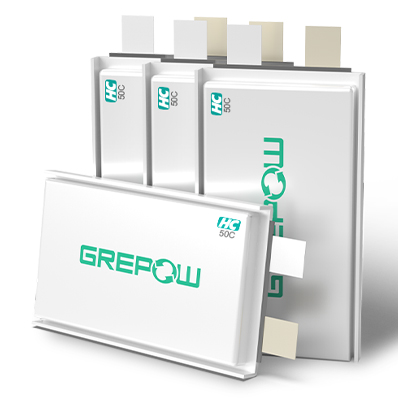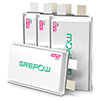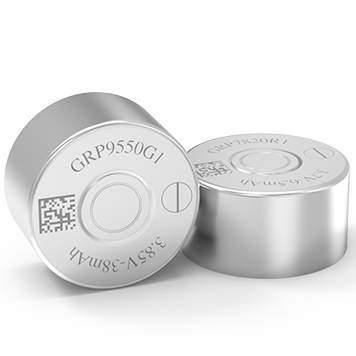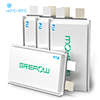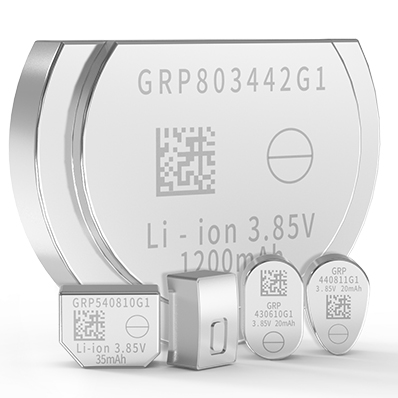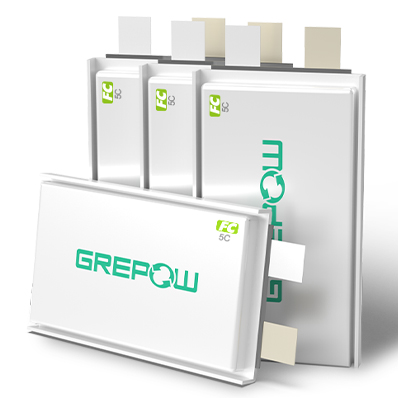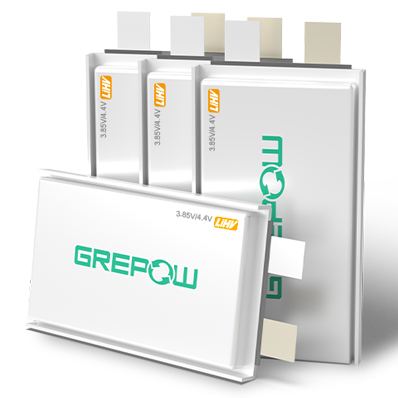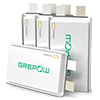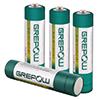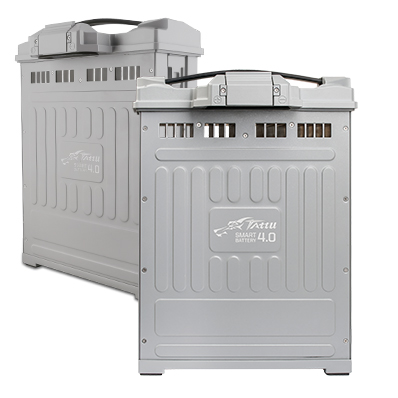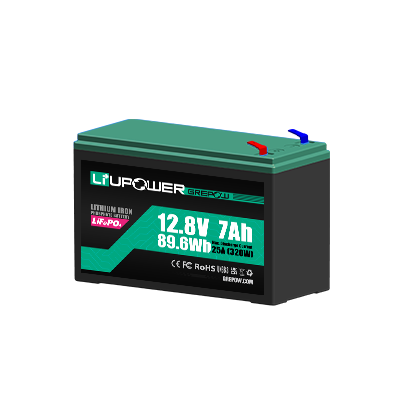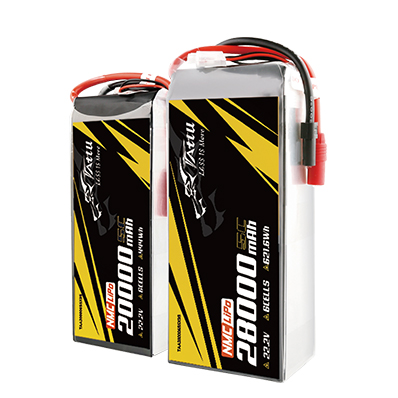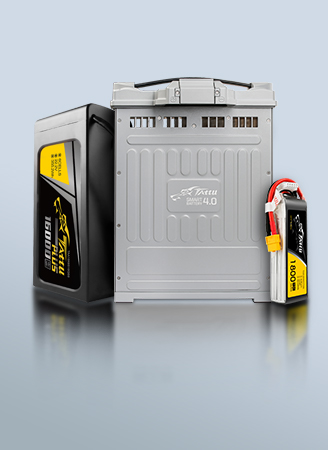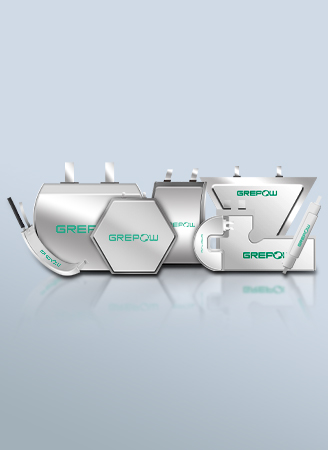Solid-State Battery VS Lipo Battery: What’s the Difference?
Batteries play a pivotal role in powering our modern world, from
smartphones to electric vehicles. As technology advances, the demand for safer,
more efficient, and higher-capacity batteries grows. Two types of batteries that
have garnered significant attention in recent years are solid-state batteries
and lithium polymer (LiPo) batteries. Let's delve into their differences and
explore the advantages and challenges of each.
What Is a Solid-State Battery?
Solid-state batteries are a promising alternative to traditional lithium-ion batteries. A solid-state battery is an advanced type of battery technology that uses solid electrodes and a solid electrolyte instead of the liquid or gel-like electrolytes found in traditional lithium-ion batteries. In these batteries, ions can move through the solid electrolyte instead of through a liquid medium. This solid electrolyte enables safer operation by reducing the risk of leakage, thermal runaway, and fire hazards associated with liquid electrolytes.
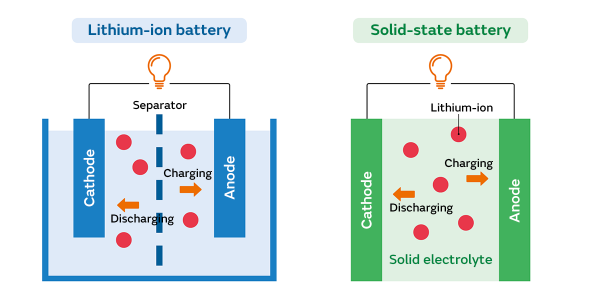
What is a LiPo Battery?
A LiPo battery is a type of rechargeable battery commonly used in electronic devices, such as smartphones, tablets, remote-controlled vehicles, and drones, among others. LiPo batteries are known for their high energy density, lightweight nature, and ability to provide high discharge rates. They are made of lithium-ion technology but use a different electrolyte than traditional lithium-ion batteries. They utilize a polymer electrolyte in a flexible pouch, which allows them to be more flexible and lightweight. This flexibility makes them suitable for use in various shapes and sizes, allowing for customization to fit specific device designs.
However, LiPo batteries require careful handling and charging to prevent damage or safety hazards, such as overcharging, over-discharging, or puncturing, which can lead to thermal runaway and potentially cause fires or explosions. Therefore, it's essential to follow proper charging and storage guidelines when using LiPo batteries.
What's the Difference Between Solid-State Batteries and LiPo Batteries?
Solid-state batteries and Lipo batteries are two different types of rechargeable batteries with distinct characteristics and applications. The primary differences between them are as following:
◆Chemistry:
Solid-State Battery: Solid-state batteries use solid electrolytes instead of the liquid or gel electrolytes found in traditional lithium-ion batteries. These solid electrolytes can be made from various materials, such as ceramics or polymers.
LiPo Battery: Lithium polymer batteries, also known as LiPo batteries, are a type of lithium-ion battery. They use a liquid electrolyte enclosed in a flexible, pouch-like packaging.
◆Safety:
Solid-State Battery: Solid-state batteries typically offer better safety compared to traditional lithium-ion batteries because they are less prone to leakage, thermal runaway, and other safety issues associated with liquid electrolytes.
LiPo Battery: LiPo batteries are generally safe when used properly, but they can be more prone to swelling, puncture, and thermal runaway if damaged or mistreated.
◆Energy Density:
Solid-State Battery: Solid-state batteries have the potential for higher energy density compared to traditional lithium-ion batteries. This means they can potentially store more energy per unit volume or weight.
LiPo Battery: LiPo batteries typically have lower energy density compared to solid-state batteries. However, advancements in LiPo technology have led to improvements in energy density over the years.
◆Cycle Life:
Solid-State Battery: Solid-state batteries often have longer cycle life compared to traditional lithium-ion batteries, meaning they can withstand more charge-discharge cycles before their capacity significantly degrades.
LiPo Battery: LiPo batteries generally have a limited cycle life compared to solid-state batteries. Over time, their capacity gradually decreases with each charge-discharge cycle.
◆Applications:
Solid-State Battery: Solid-state batteries are still in the early stages of development but have the potential to revolutionize various industries, including electric vehicles, consumer electronics, and renewable energy storage.
LiPo Battery: LiPo batteries are commonly used in a wide range of applications, including consumer electronics (e.g., smartphones, laptops), remote-controlled vehicles, drones, and radio-controlled hobby devices.
What are the Advantages of Solid-State Battery over Lithium Battery?
Solid-state batteries offer several advantages over traditional lithium batteries, including:
◆Enhanced Safety: Solid electrolytes reduce the risk of leakage, thermal runaway, and fire hazards.
◆Higher Energy Density: Potential for higher energy density translates to longer battery life and increased range for electric vehicles.
◆Longer Lifespan: Solid-state batteries may have longer cycle life compared to conventional lithium-ion batteries.
◆Environmental Benefits: Solid-state batteries can be more environmentally friendly due to the absence of toxic or flammable liquid electrolytes.
◆Temperature Stability: Solid-state batteries can operate over a wider range of temperatures without compromising performance, making them suitable for use in extreme conditions.
How Far Away Are We from Solid-State Batteries and Why?
While solid-state battery technology has made significant strides, widespread commercialization is still several years away. The complexity of manufacturing processes, along with the need for further research and development to address technical challenges, contribute to the timeline. The biggest challenge for solid-state batteries lies in achieving high ionic conductivity of the solid electrolyte. Solid-state electrolytes need to exhibit high enough ionic conductivity to allow efficient transport of ions (such as lithium ions) within the battery. Improving ion conductivity without compromising other properties, such as stability and safety, which is crucial for enabling fast charging and discharging rates, which are essential for widespread adoption in various applications.
Conclusion
In conclusion, while solid-state batteries hold immense promise for revolutionizing battery technology, there are still hurdles to overcome before they can be widely adopted. LiPo batteries, on the other hand, continue to serve as a reliable power source for various applications. Both technologies have their advantages and limitations, and ongoing research and development efforts aim to address these challenges and unlock the full potential of next-generation energy storage solutions. As a global leader in lithium battery cell manufacturing, Grepow offers professional customization solutions for high energy density solid-state NMC battery (up to 320wh/kg) and Battery Management Systems (BMS), catering to your specific application requirements. If you have any questions or needs, please feel free to contact us at info@grepow.com.
Related Articles:
What Is a Solid-State Battery?
Grepow Unveils Revolutionary Semi-Solid State Battery: Powering the Future of Commercial Drones
Semi Solid State Battery vs Lifepo4 Battery: What's the Difference?
Semi-Solid State Battery vs. Lithium-Ion Battery: What's the Difference?
The Leading Semi Solid-State Battery Manufacturers of 2025
Related Articles
-
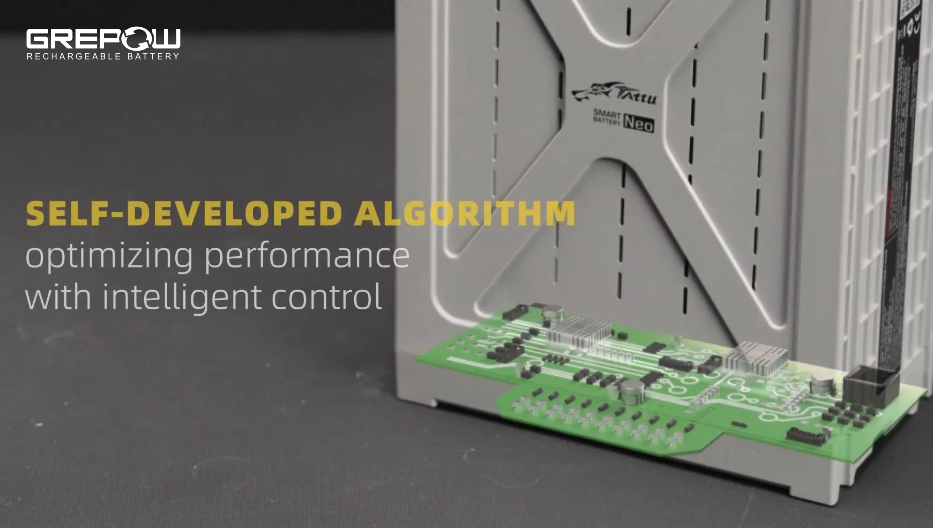
What Is a BMS Battery?
2025-04-23 -
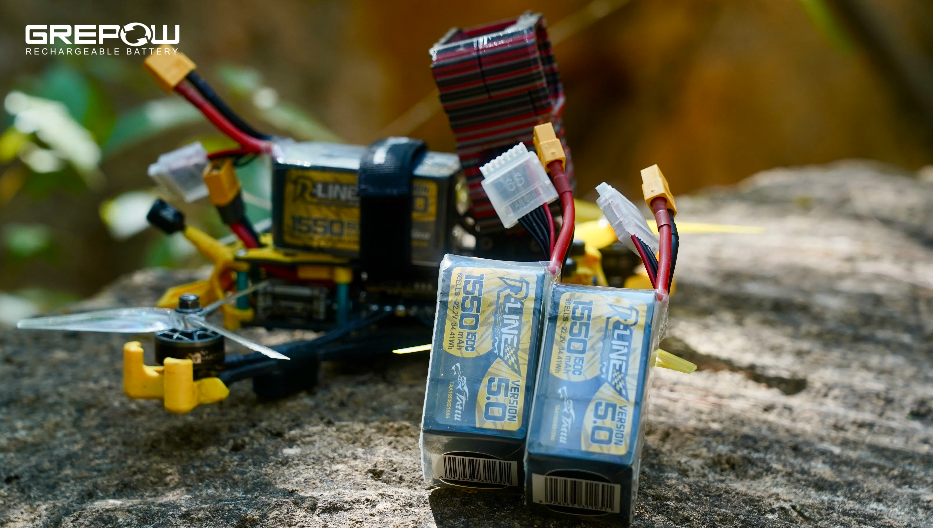
What Is a 7 Inch FPV Drone?
2025-04-15 -

Empowering Drone Training with Grepow’s Tailored Battery Solutions
2025-04-15
Related products
-
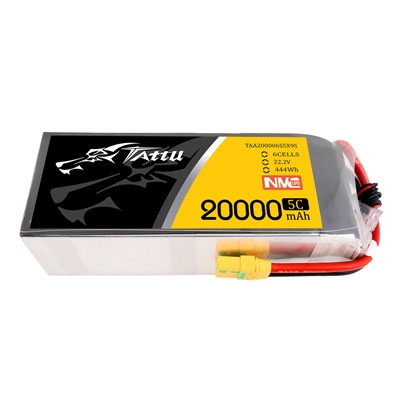
20000mAh 22.2V 6S Semi-Solid State Battery Pack
-
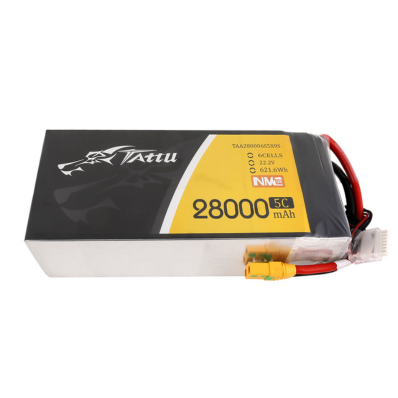
28000mAh 22.2V 6S Semi-Solid State Battery Pack
-
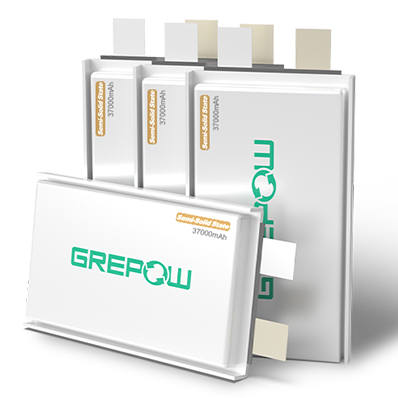
37000mAh Semi-Solid State High Energy Density Battery
-
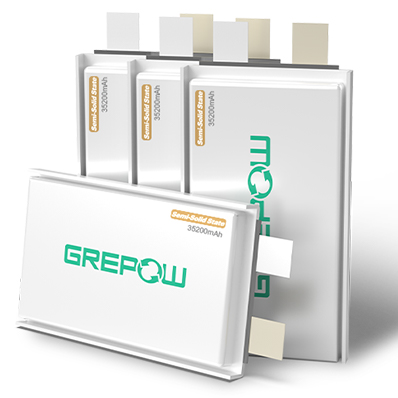
35200mAh Semi-Solid State High Energy Density Battery

